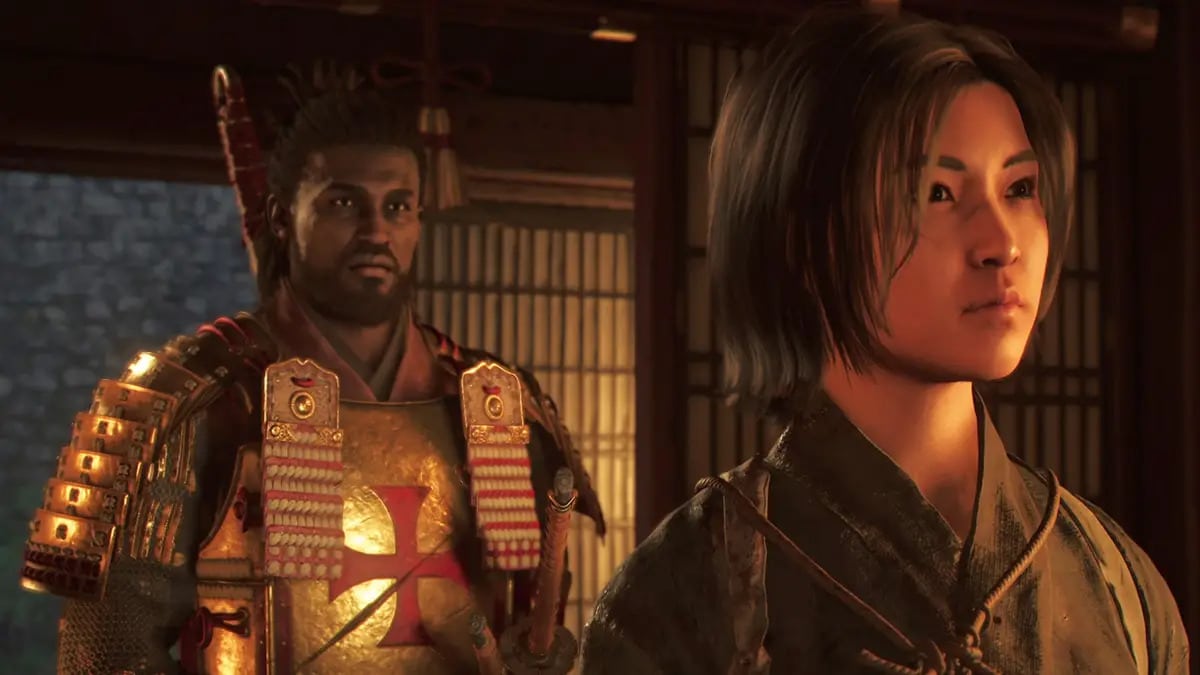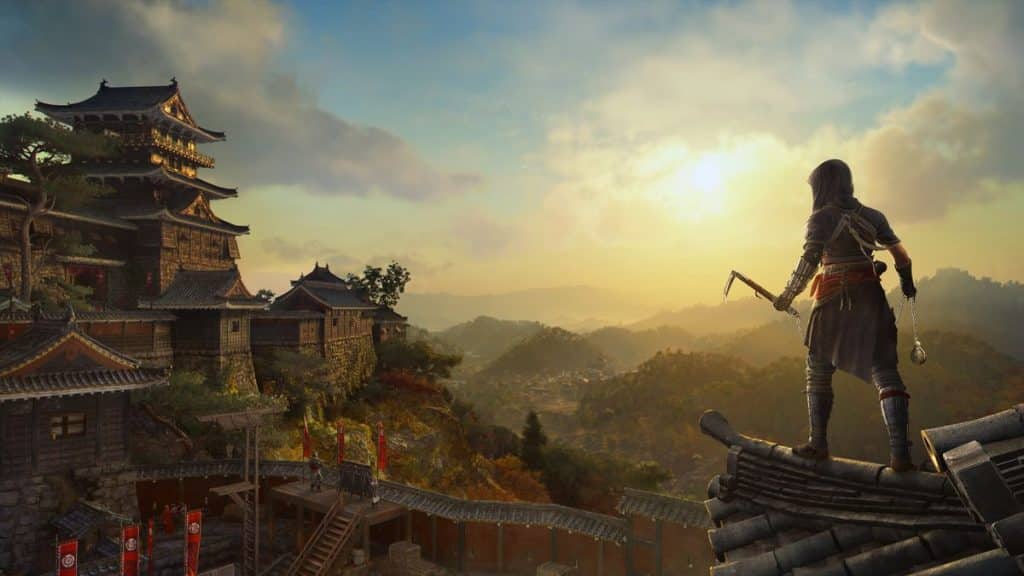Ubisoft just dropped a mega-announcement that might reshape how it handles its biggest franchises—Assassin’s Creed, Far Cry, and Rainbow Six. No spin-offs, no leaks, and no vague trailers this time. We’re talking about a full-blown new subsidiary created specifically to handle these IPs, and Tencent just pulled up with a €1.16 billion investment like it’s no big deal.
So, What’s Happening Doc?

Ubisoft is carving out a whole new division dedicated to its AAA heavy hitters. Think of it as a super team of studios under one creative roof—a focused task force for open-world chaos, tactical shootouts, and centuries-spanning stealth drama. Their mission? Level-up narrative-driven single-player experiences, drop multiplayer content more frequently, and sprinkle in free-to-play elements and social features for good measure.
Tencent, the Chinese tech behemoth you probably know from literally being everywhere in gaming (more recently, the bad rep from the Light of Motiram game), is now a 25% minority shareholder in the new unit. The total valuation sits around €4 billion, making this not just a bold creative move but a major financial play too. They will now have power over the IPs that we all know and love (I don’t know how to feel about this)
Which Studios Are Affected?
This isn’t a fresh-from-the-lab experiment. Ubisoft is pulling talent from across its best-performing studios: Montréal, Quebec City, Sherbrooke, Saguenay, Barcelona, and Sofia. These teams have already been deep in the trenches with these franchises, so it’s less about reinventing wheels and more about making sure those wheels run smoother—and faster.
What this structure does is create a centralized powerhouse. With teams aligned under one roof, creative vision, quality control, and content pipelines should, in theory, be a lot tighter. No more disjointed launches. No more two-year droughts between meaningful updates.
Why Do This Now?
The industry’s shifting fast. Live service models, evolving player expectations, and the pressure to deliver high-quality content without burnout are all pressing issues (devs have it rough). Ubisoft has taken its fair share of hits over the past few years—delays, uneven launches, and some not-so-hot takes on NFT integration (remember that?). So this? This feels like a course correction.
By focusing on its crown jewels, Ubisoft is doubling down on what works while bringing in Tencent’s deep pockets to help future-proof its most valuable franchises. Tencent gets to invest in three globally successful IPs, and Ubisoft gets the capital and structure to compete in an increasingly cutthroat market. Win-win? Hopefully?
What About The Games?
Ubisoft hasn’t dropped any specific titles tied to this announcement yet, but let’s be real: you can expect whatever’s next in Assassin’s Creed or Far Cry to come out of this new entity. And hopefully with more polish, more depth, and less bloat(or what was all this for?). We’re talking tighter storytelling, improved mission design, and maybe—just maybe—a multiplayer system that doesn’t feel like an afterthought.
There’s also potential here for experimentation. With a dedicated structure and fresh funding, maybe Ubisoft will finally take some risks again. A new IP? A reboot that lands? A story-focused Rainbow Six title that isn’t just an esports grindfest? There’s room to hope.
When Is It Happening?
The deal with Tencent is expected to close by the end of 2025, so don’t expect overnight miracles. But development is already in motion. This is a long game move—setting up the next decade of Ubisoft’s biggest brands.
Whether you’re here for the hooded assassins, the tactical breaching, or the chaos of a DIY flamethrower in the jungle, this new Ubisoft mega-studio could be the reset button we didn’t know we needed. And with Tencent now in the passenger seat, there’s a lot more money and a lot more pressure to deliver. Fingers crossed it doesn’t get turned into yet another battle pass machine (I swear to the highest of power, please). But for now? It’s an interesting power play—and one worth watching. This could set the stage for how the gaming industry evolves in the future.


